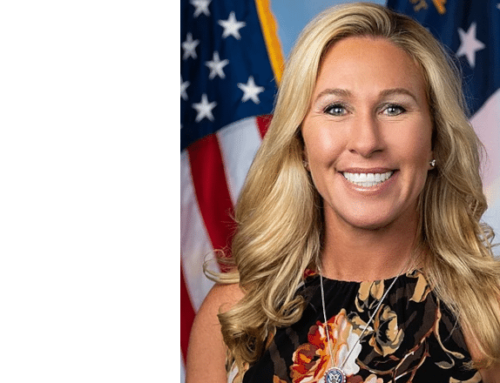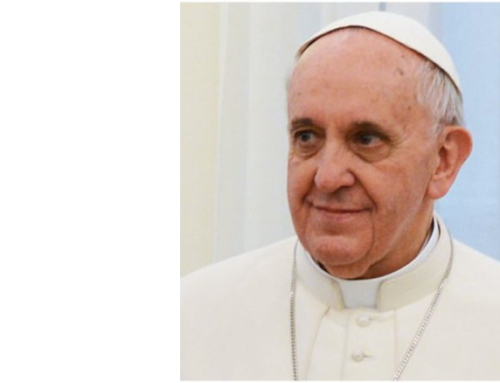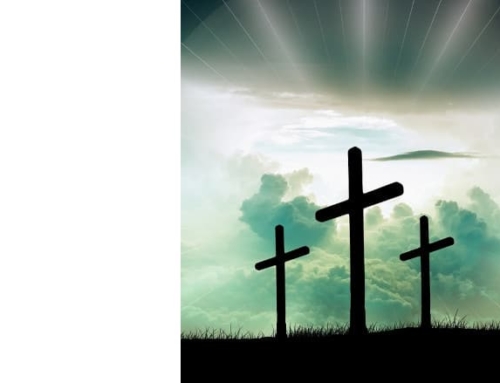Catholic League president Bill Donohue comments on the reaction of California public school officials to a new law on sexual abuse:
On October 13, California Governor Gavin Newsom signed into law a bill that allows for the suspension of the statute of limitations for crimes involving the sexual abuse of minors. It provides a three-year window to make a claim, regardless of when the abuse occurred. Going forward, the bill allows those who are up to 40 years of age, or five years from discovery of the abuse, to file suit. Because the Catholic Church has previously been subject to a suspension of the statute of limitations, it is the public schools that stand to be most affected this time around.
Just last week, USA TODAY ran a highly critical story on attempts by the Catholic Church to defend itself against discriminatory legislation. The reporters took the Church to task for hiring lobbyists and lawyers to protest state laws that targeted the Church, but gave the public schools a pass. Now what will they say (and there are legions of others like them in the media) given that it is the public school establishment that is crying foul?
The Associated Press assessed the situation in California as follows.
“Much of the opposition to the law in California came from school districts, which warn the law goes too far. Lawsuits filed up to four decades after the fact make it much harder to gather evidence because witnesses are more likely to have moved away or died. Plus, the law changes the legal standard of liability, making it easier for victims to win in court. And if victims can prove entities tried to cover up the abuse, the court can multiply the damages by three.”
Troy Flint is the spokesman for the California School Boards Association. He objects to the increase in the statute of limitations.
“That creates problems because in all likelihood, there’s an absence of evidence or at least a serious decrease in the amount of evidence that will be available at that date for decades later, many relevant witnesses if not all witnesses will be unavailable [and] you have staff turnover. This is something that is something that is very threatening to the financial viability of many school districts, particularly smaller school districts where one significant judgment could have a devastating impact on their budget.”
Here’s more from Flint. “We don’t want to minimize or trivialize the trauma associated with inappropriate sexual conduct in schools. The bill has a very real chance of bankrupting or impoverishing many districts which would inhibit our ability to properly serve today’s students and students in years to come.”
Everything Flint said is true. More important, similar objections have been raised by the bishops, but, of course, they are condemned for defending themselves. By contrast, the California School Boards Association is regarded as acting prudently.
The Mercury News reports on how one California school district, the Redlands Unified School District, has been handling this problem.
“A yearlong Southern California News Group investigation revealed that Redland Unified paid out more than $30 million to settle sex abuse lawsuits against the district since 2013. For years, the school district covered up allegations of sexual abuse involving students, allowed teachers to continue preying on students, and ordered teachers and other staff not to cooperate with police during criminal investigations” (its emphasis).
The Catholic Church deserves to be criticized for the way some bishops acted in the past when confronted with priestly sexual abuse. But it also deserves to be commended for making astonishing progress. Yet the secular media—as well as some liberal and conservative Catholic media outlets—have been slow to applaud, or even to acknowledge, this verity.
The notion that old claims can be fairly adjudicated is without warrant, which is why we have statutes of limitation in the first place. There should be no state window suspending this due process provision for either the private or the public sector.
Justice is best served by establishing tough new reforms to police the sexual abuse of minors. The public schools have such a model: it’s called the Catholic Church. State lawmakers should take note.







